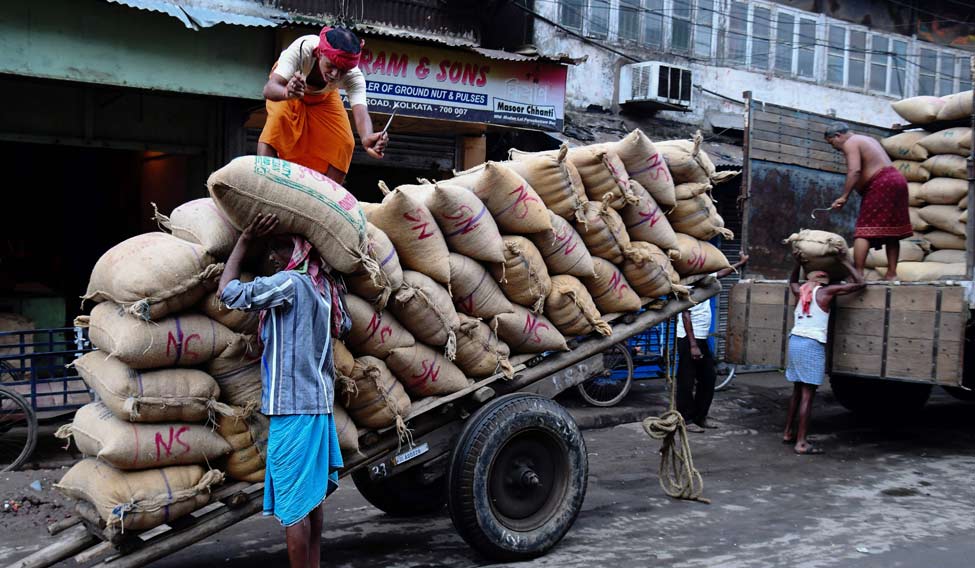Hardly three weeks after India embraced the Goods and Services Tax regime, the unified tax system is expected to have a negative impact on farming sector.
According to a survey by the Indian Council of Food and Agriculture (ICFA), the differentiated tax rate structure would be depriving the agro-industry of equal treatment vis-a-vis other agricultural inputs. More than 2,100 agro-industry players, bureaucrats, policy makers and experts were part of the survey.
“A major observation was that the definition of agriculture in GST law does not include dairying, poultry, livestock breeding, grass or wood cutting, fruit gathering, raising man-made forests or raising seed and saplings,” said M.J. Khan, chairman, ICFA. “Their exclusion means these activities, though agricultural by all means, will still be taxable under GST,” Khan said.
Currently, the GST Act includes floriculture, horticulture, sericulture, raising crops, grass or garden produce and grazing, which are exempted from the indirect tax. The survey emphasised on cost of agri-inputs such as seeds (exempted from GST), fertilisers (taxed at 12 per cent), tractors (12 per cent) and crop protection (18 per cent).
The experts observed that, in most cases, food products would be subject to an eight per cent tax compared to the four per cent VAT prior to the GST. The most affected due to rise in food inflation will be those consumers who are living below the poverty line, the survey observed.
On the question of effect of the GST on manufacturing cost of agri-inputs, while 45.45 per cent of the experts expected a rise in cost, 25 per cent said their cost would decrease and 29.55 per cent said it would remain the same.
On retail price of agri-inputs, 45.45 per cent of those surveyed felt that costs would rise. The rise was seen between three and five per cent as many of these activities, which were not previously taxed, are now covered under the GST.
Exporters of organic farm produce and processed food are also facing issues with the GST implementation, it added. The survey respondents said that the GST will make agri-exports, which comprise 10 per cent of India's net annual exports, to become costlier. A majority (52.27 per cent) of the respondents thought that the GST will lead to a decline in the agri-exports sector.
While 41 per cent of those surveyors could not say if the GST would aid in realising Prime Minister Narendra Modi's vision of doubling farmers' income by 2020, 23 per cent respondents thought that the GST structure was not in line to achieve this national goal. “This is attributed to reasons like increased cost of farm mechanisation and aids to boost farm productivity. Moreover, farmers will not be able to avail any input credit on the GST paid for purchasing their agri-inputs, as agriculture itself is exempted under the GST. This will result in higher farming cost. Overall, the GST would be negative for the farmer,” concluded the ICFA research paper based on the survey findings.






